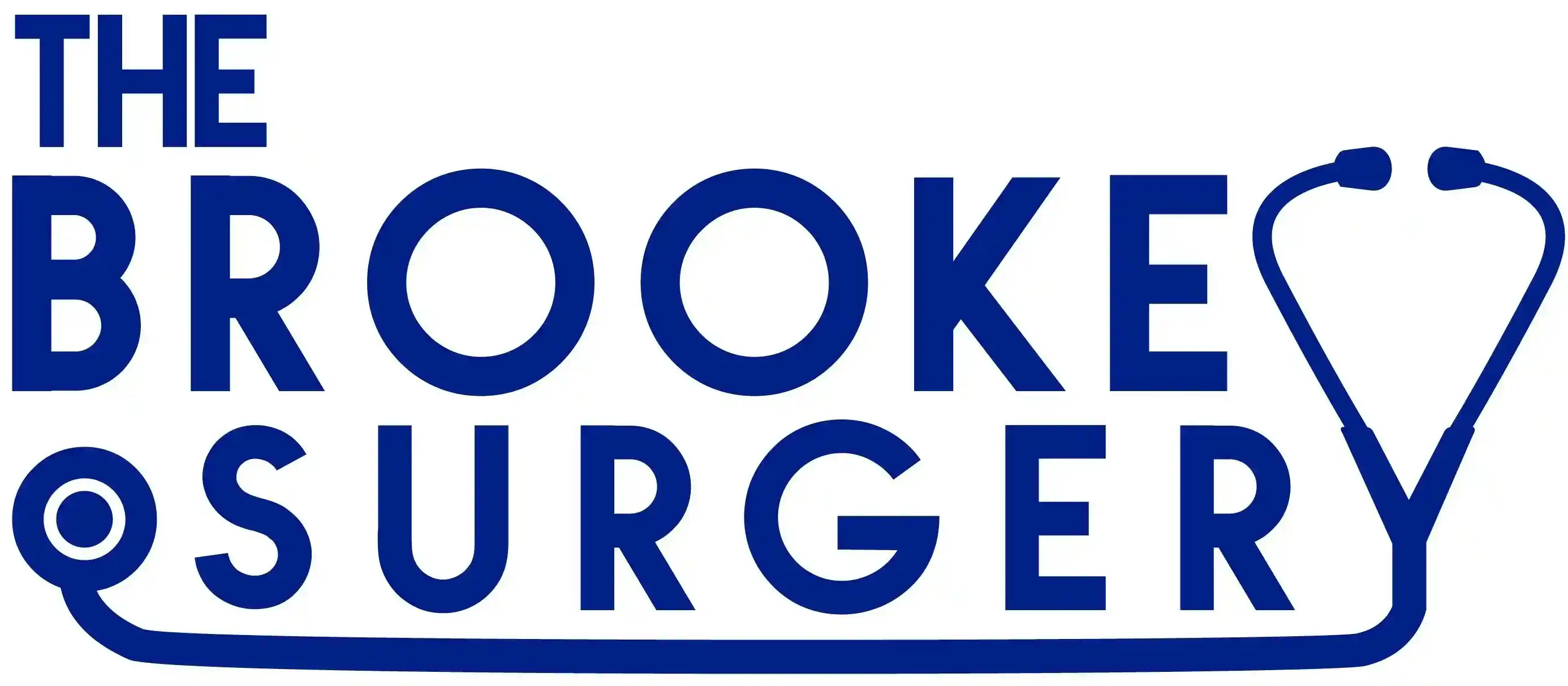We use cookies to help provide you with the best possible online experience.
By using this site, you agree that we may store and access cookies on your device. Cookie policy.
Cookie settings.
Functional Cookies
Functional Cookies are enabled by default at all times so that we can save your preferences for cookie settings and ensure site works and delivers best experience.
3rd Party Cookies
This website uses Google Analytics to collect anonymous information such as the number of visitors to the site, and the most popular pages.
Keeping this cookie enabled helps us to improve our website.
Purpose
This policy outlines the principles by which appointment requests are managed following a care navigation assessment at our practice. It aims to ensure equitable access to care, appropriate use of clinical resources, and protection of staff from inappropriate behaviour or repeated demands.
Scope
This policy applies to all registered patients and practice staff involved in the triage, care navigation, and allocation of appointments.
Policy Statement
Brooke Surgery employs a clinically endorsed care navigation model to ensure patients are directed to the most appropriate clinician or service for their presenting concern. All staff undertaking this role are trained and follow defined protocols developed with clinical oversight.
We respect the right of patients to express preferences for specific clinicians. However, we also expect patients to understand and respect that:
- Requests are clinically assessed, and decisions are made to ensure safe, effective, and timely care for all patients.
- If continuity of care with a specific clinician is requested, patients may need to wait until that clinician is available.
- Alternatively, patients can be seen sooner by another qualified clinician deemed appropriate.
Communication Example
"Following your request, I have discussed the matter with our On-call clinician. At this time, the available options are to wait for the next appointment with the clinician you have requested. Alternatively, if you are open to seeing another qualified clinician who is fully capable of addressing your concerns, we would be happy to arrange this appointment for you sooner."
Unacceptable Behaviour
The following behaviours will not be tolerated:
- Repeatedly calling or messaging the practice demanding an alternative outcome after a decision has been made and communicated to the patient.
- Abusive or aggressive behaviour towards staff.
- Attempting to circumvent care navigation decisions by persistent pestering over several days.
Escalation Process
- First Incident: A verbal or written reminder will be issued explaining the practice policy and expectations for respectful behaviour.
- Second Incident: A formal written warning will be sent to the patient, reinforcing the boundaries and consequences of further breaches.
- Third Incident: A final letter will be issued, confirming a breakdown in the doctor–patient relationship. The patient will be deregistered in accordance with NHS England guidelines and given instructions on registering with an alternative provider.
Confidentiality Assurance
- Patient information will be handled confidentially and in accordance with data protection regulations during the care navigation process.
Monitoring and Review
- The care navigation process is actively monitored and reviewed to ensure it remains relevant and effective. Regular evaluations are conducted to assess the system's performance, and adjustments are made as necessary to improve patient care and satisfaction. Feedback from both patients and staff is encouraged to facilitate continuous improvement.
Conclusion
Our aim is to provide fair, safe, and effective care to all our patients. Respecting staff roles, clinical decision-making, and the principles of care navigation is essential to this. Patients who cannot adhere to these principles may find alternative practices better suited to their expectations.
